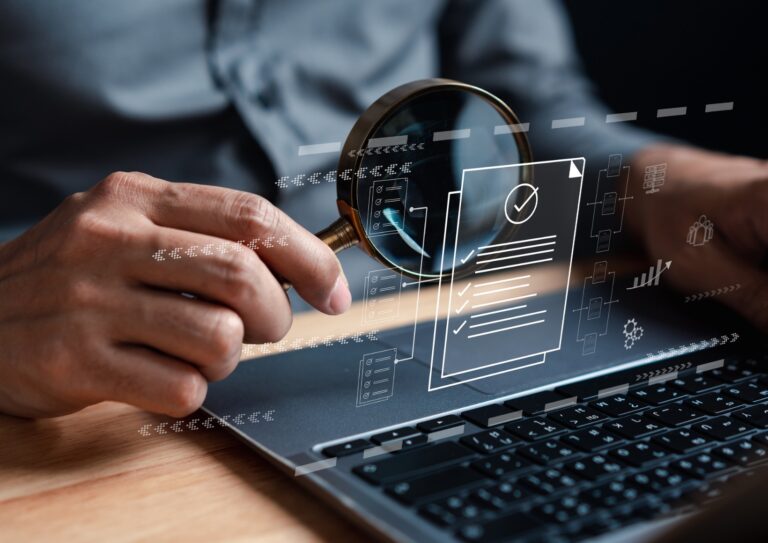How Generative AI Is Reshaping EDiscovery Document Review
November 3, 2025

Generative AI is transforming eDiscovery document review by enhancing consistency and revealing insights often missed by traditional methods. In a recent industry discussion led by Relativity’s Jonathan Moody, experts shared practical lessons on testing and deploying AI-driven review tools. The panel highlighted the challenges, advantages, and future prospects of generative AI as adoption grows in the legal field.
Panelists included Jeff Gilles and Hannah Baxter of Relativity, along with Ben Sexton and Rachel Koy from JND eDiscovery. Their experiences with generative AI for document review ranged from initial skepticism to enthusiastic use after hands-on testing.
Sexton pointed out that starting with small projects helped gain stakeholder support and showcased the technology’s strengths. Baxter stressed that education on generative AI is critical and should focus on its capabilities and how it integrates into workflows.
The discussion also considered scaling. Unlike traditional technology-assisted review (TAR) systems that need large data sets to work well, generative AI remains effective even with smaller samples. Gilles explained that TAR is trained on seed sets, while generative AI follows explicit instructions, operates on a per-application cost model, and mimics real-world review processes. Hybrid methods combining active learning with generative AI are emerging as effective ways to improve accuracy and control costs.
The panelists highlighted that refining prompts based on data size and reviewing AI-generated rationales can make eDiscovery review more efficient and transparent. Although emphasizing responsible oversight, Koy noted that generative AI helps reduce fatigue and bias often seen with manual review.
Generative AI is steering eDiscovery document review toward smarter, more adaptable, and human-centered processes. Gilles commented, “AI is like an ambidextrous utility player in baseball. It can review in multiple languages and surface relevant foreign-language documents with rationale and considerations translated into English.” By combining technology with professional judgment, legal teams can achieve faster, more accurate results while upholding the rigorous standards of eDiscovery.
Critical intelligence for general counsel
Stay on top of the latest news, solutions and best practices by reading Daily Updates from Today's General Counsel.
Daily Updates
Sign up for our free daily newsletter for the latest news and business legal developments.




